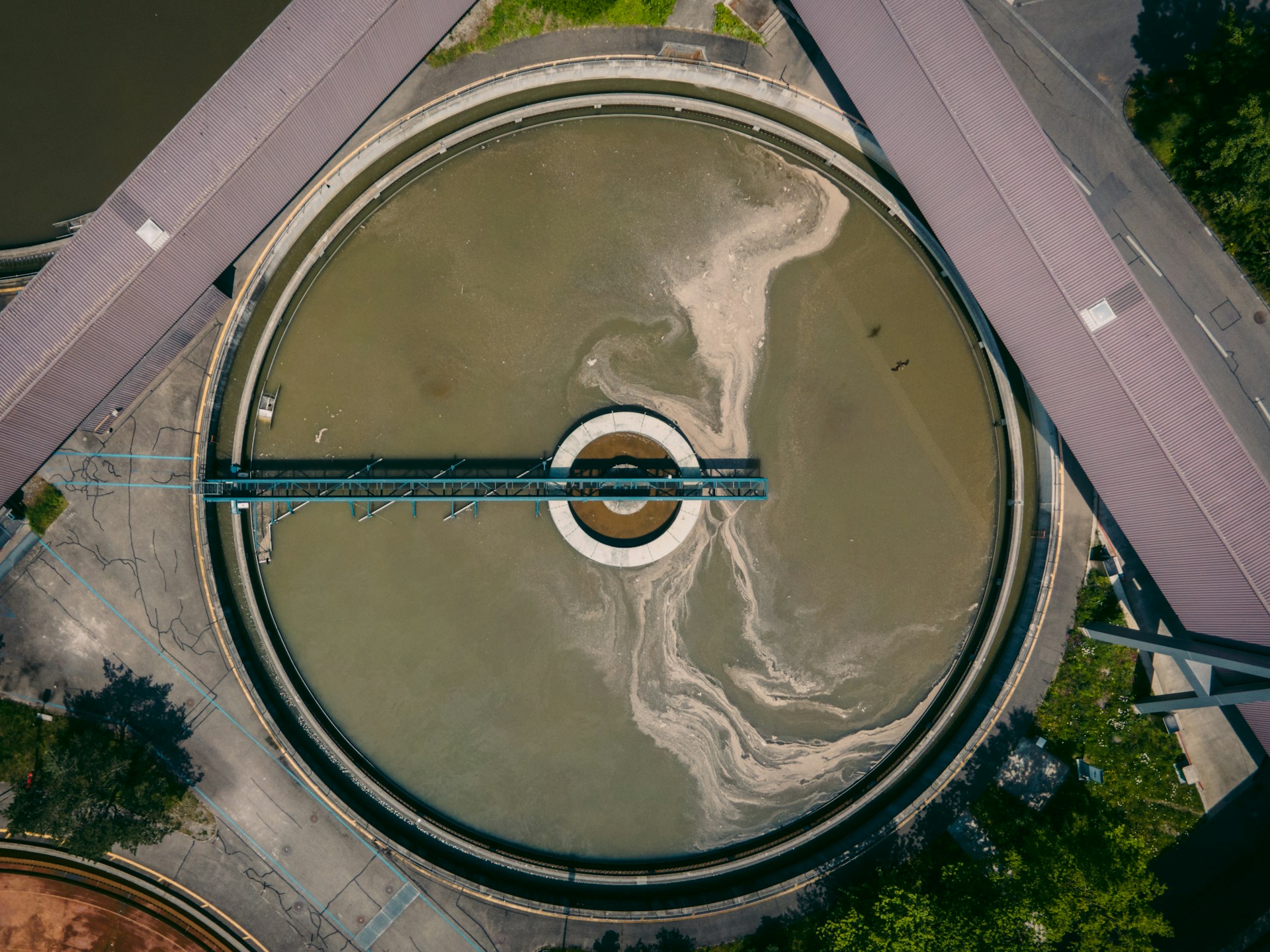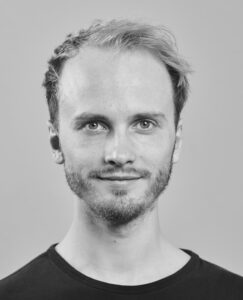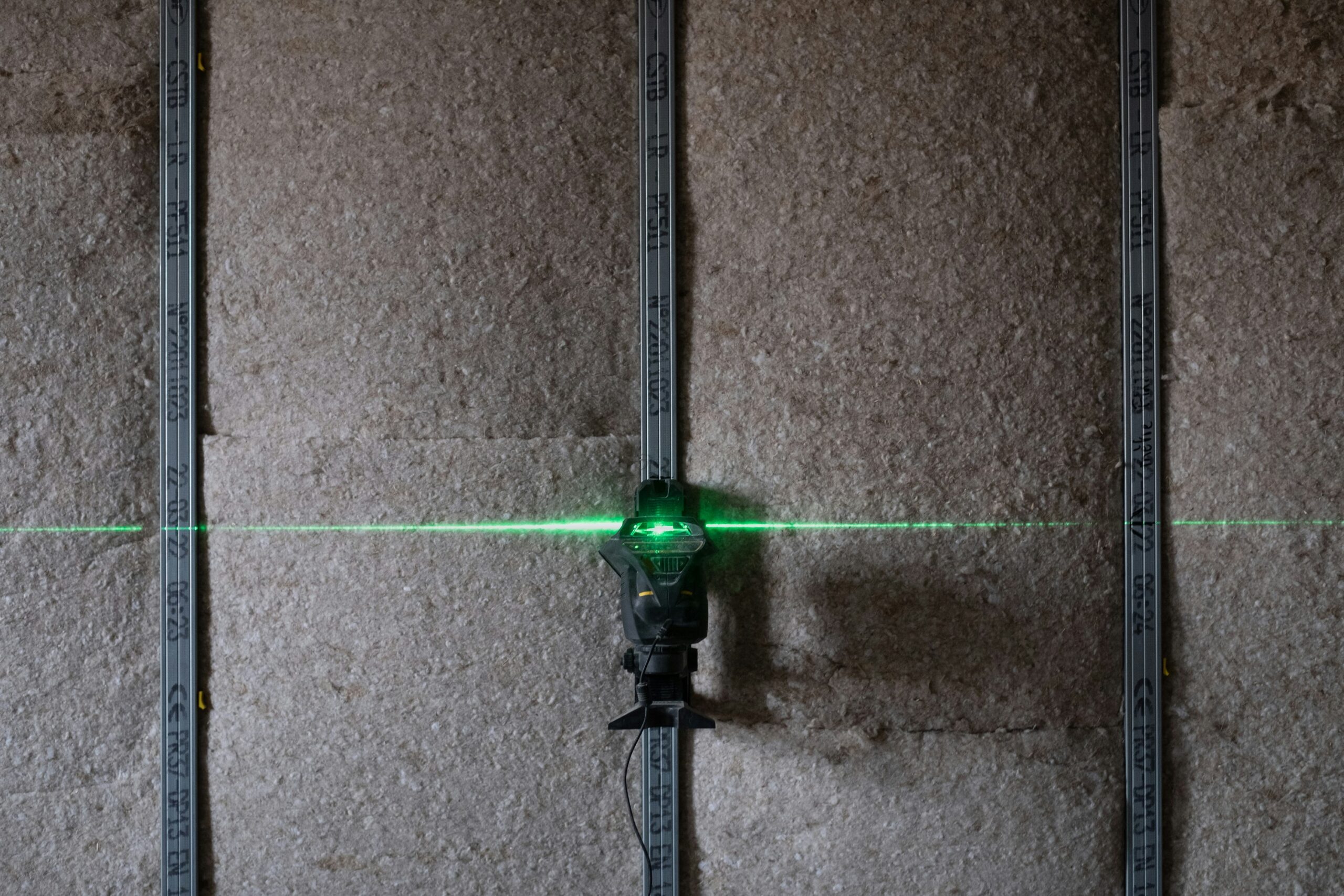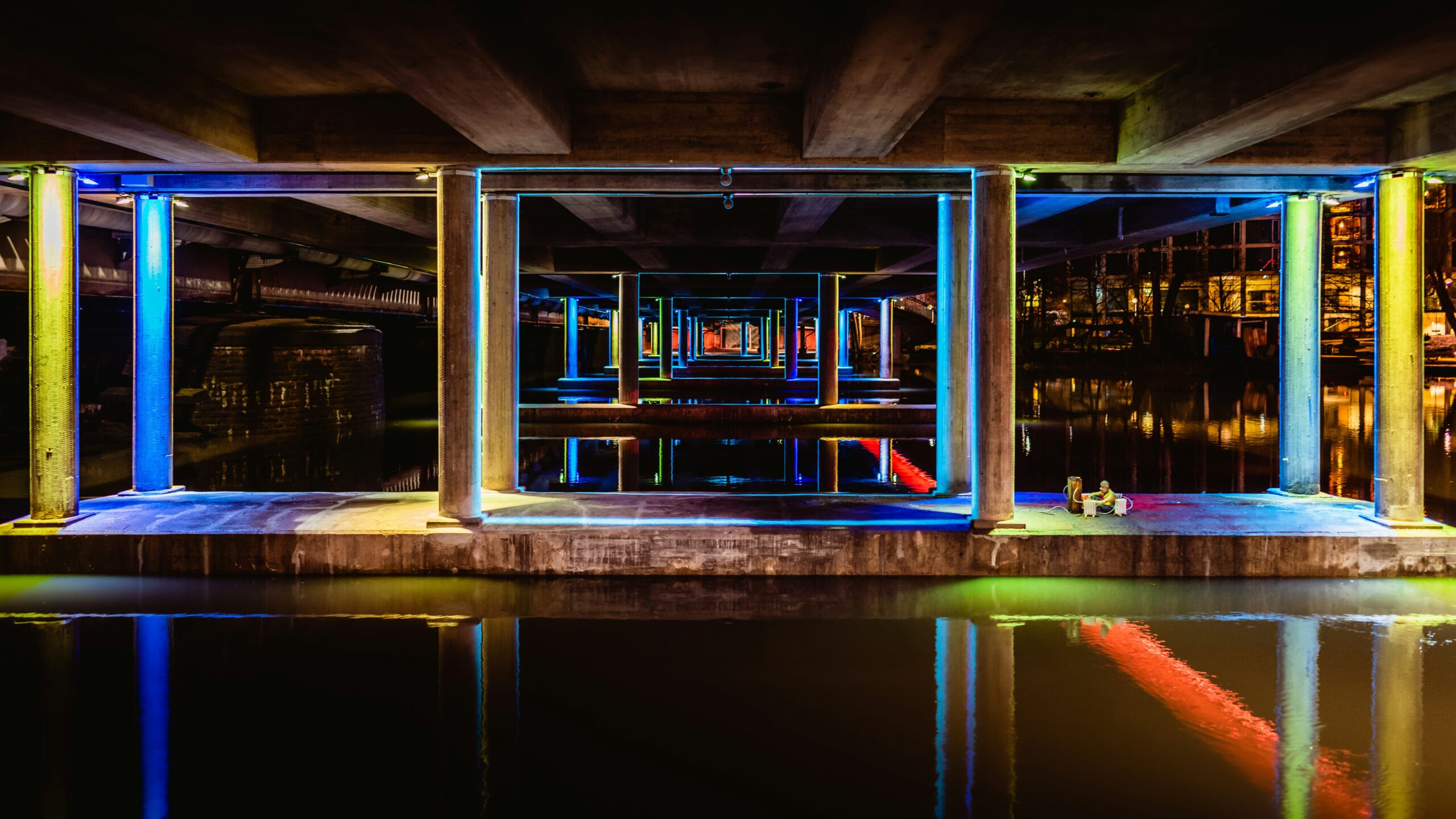Energy-efficient recovery of the resource sewage sludge by pyrolysis

Sewage sludge is a biobased resource that contains phosophorus, potassium and carbon. Today, the sludge is largely spread in fields where these species are taken up by plants. However, the sludge may contain impurities such as cadmium, drugs, infectious agents etc.
An alternative is to make biochar of the sludge by pyrolysis, whereby most impurities are eliminated while the desirable species stay in the biochar, which becomes a valuable raw material for fertilisation. For this, the 75 % water content in the sludge must be dried away, which is energy demanding. This study aims at determining the energy advantages of co-locating with a combustion facility from which heat is taken for the drying and to which saturated gases and flue gases from the pyrolysis are returned.
In the project, all stakeholders in this new value chain are represented: sewage treatment, energy company, technology producers and recycle company. The purpose is to produce a knowledge base for a subsequent pilot projekt.

André Selander
RISE Reserach Institutes of Sweden

andre.selander@ri.se
Project information
Participants
RISE
Lidköping Miljö och Teknik AB
BioMacon Sweden AB
EkoBalans Fenix AB
Lidköping Energi AB
Time schedule
December 2023 - November 2024
Total cost of project
1 029 200 SEK
Swedish Energy Agency project number
2023-01046
More projects

Novel bio-based, hygroscopic insulation materials for enhanced energy performance and robustness of buildings
The construction sector in Sweden stands for about 22 % of total greenhouse gas emissions. Reducing the embodied carbon in new buildings…
Manager: Maria Fredriksson
Ongoing

Surplus electricity to biomethane via intermittent hydrogen injection in post-digestion systems
In the route to mitigate global warming and phase out fossil energy sources, solar and wind power represent an increasing share of…
Manager: Jan Moestedt
Ongoing

Improved forecasts of logging residues for precision planning
Today’s geopolitical situation and roadmaps towards fossil freedom have increased the demand for domestic forest fuels in Sweden. There is an ecological…
Manager: Raul Fernandez Lacruz
Ongoing


